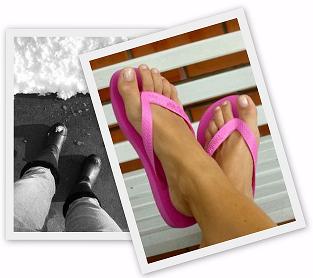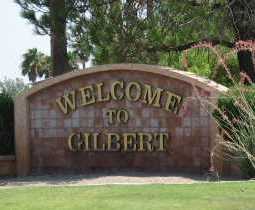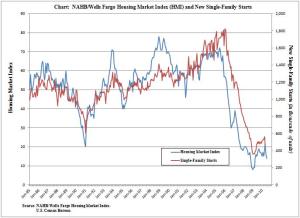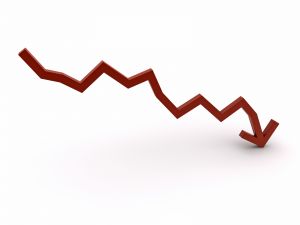 When the Obama Administration announced the Home Affordable Modification Program, it was touted as the solution to the crisis that distressed home owners were in. It was supposed to stabilize the housing market, reduce foreclosures, and help home owners get back on their feet without losing their homes.
When the Obama Administration announced the Home Affordable Modification Program, it was touted as the solution to the crisis that distressed home owners were in. It was supposed to stabilize the housing market, reduce foreclosures, and help home owners get back on their feet without losing their homes.
Here we are a year and a half after the program started and not even half a million people are currently participating in the program. It’s not that more haven’t tried; banks simply don’t want to cooperate. The program claims to have helped 1 million homeowners, but half who started in the program have dropped out, or been kicked out.
Some banks have said that the plan is unrealistic, and many just don’t want to follow more government rules than they have to. Fortunately most of the same banks have created their own solutions, which are helping far more homeowners than the government’s plan.
The foreclosure problem is still huge, though, even bigger than it was in January 2009 when the program was announced. Nearly 2 ½ million homes have been foreclosed upon since December 2007, with 900,000 of those in 2009 alone. Foreclosures in 2010 are on track to break that record and top out over 1 million. Compare that to the “normal” number of foreclosures prior to the mortgage crisis of 100,000 per year.
To be honest, many of these homes have been in trouble for years. The banks are just now getting caught up with their foreclosure paperwork. But many of these homes could be salvaged for their owners if banks were more willing to cooperate.
The Home Affordable Modification Program will probably end up helping only about 500,000 people get back on and stay on track with their mortgages. Some of this is the fault of the banks for not doing their part, some of it is the fault of the government for not creating a better plan, and some of it is the fault of the homeowners themselves. Many homeowners find themselves in increasingly worse financial situations even after altering their mortgage, and end up losing it anyway, whether due to job loss, health problems, or simply poor financial choices.
Banks have claimed that the Obama administration has pressured them to accept people who have not yet proven their qualifications. The Obama administration denies these claims. Home owners claim they have sent in the required paperwork, but the banks claim they never received it. It seems to be a nightmare of finger pointing and disorganization is to blame for much of the problem.
Whatever the cause, if you find yourself with a distressed mortgage and need immediate help to sell your home, give The Curtis Johnson Team a call. We help sellers get quick sales, and we help buyers find what they are looking for. Check out what our happy clients have had to say about The Curtis Johnson Team.
Go to www.CurtisJohnsonRealty.comor call 1-888-Curtis-J.

















